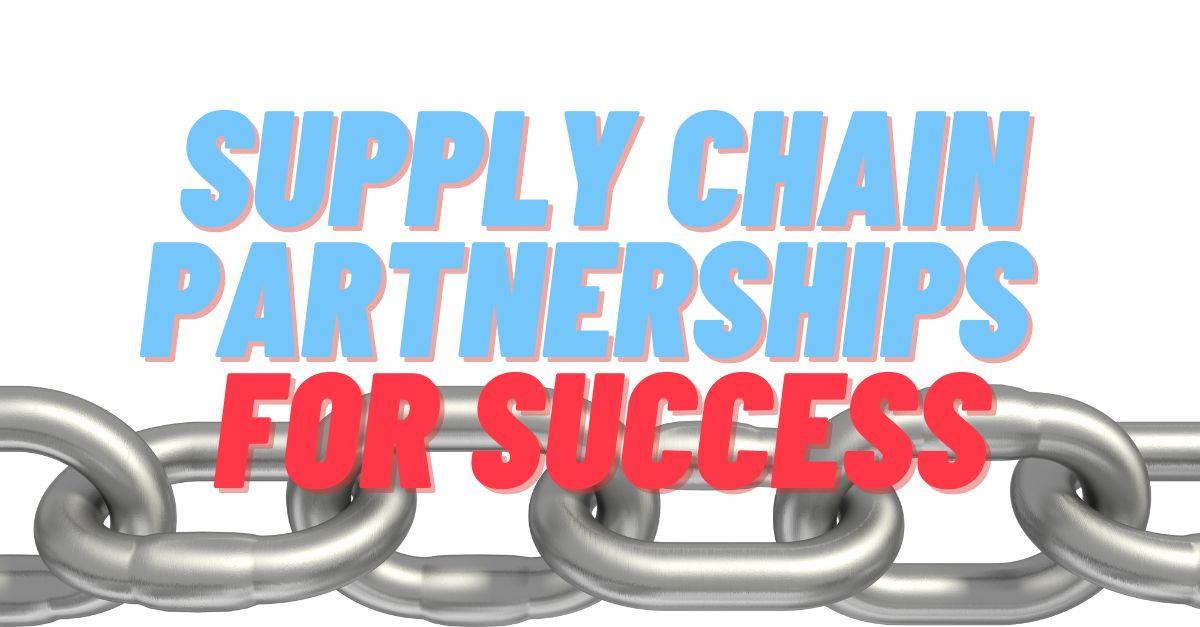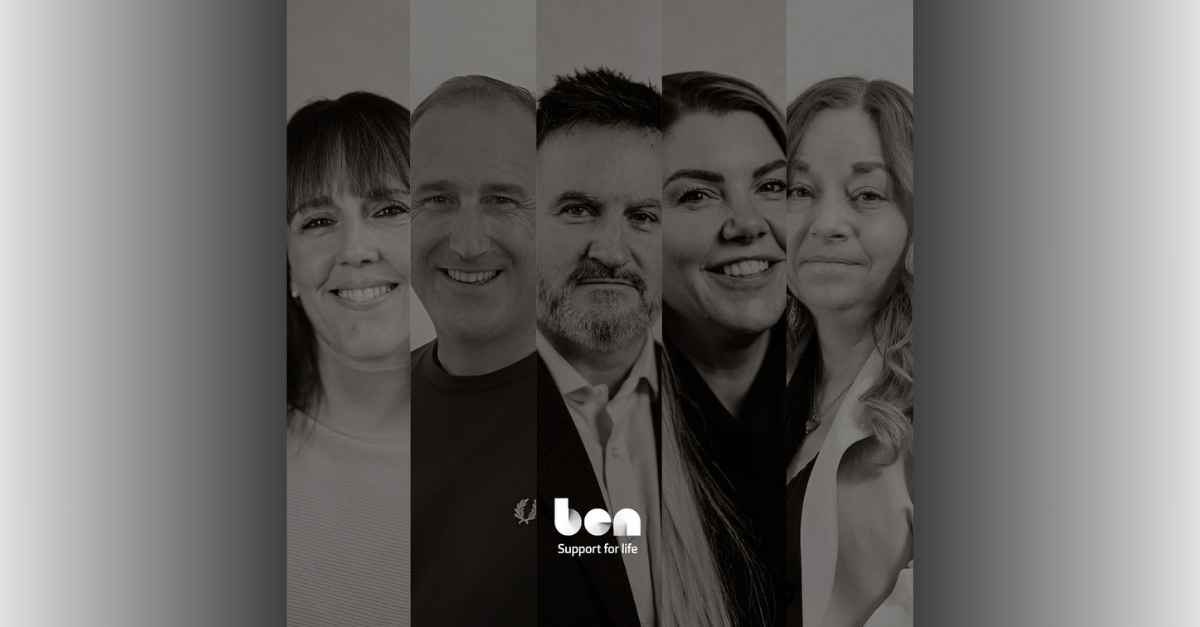The industry’s dependency on its supply chain has been dramatically underscored since Covid-19 struck, causing widespread disruption and long delays.
For many, the pandemic prompted a rethink around supplier relationships and a new focus on partnerships and shared objectives.
Here, we speak to ILC partners e2e Total Loss Vehicle Management, Enterprise Rent-a-Car, and Nationwide Vehicle Assistance (NWVA) to find out how they develop ‘supply chain partnerships for success’.
Jim Loughran, CEO, e2e Total Loss Vehicle Management:
There are many types of relationships within a supply chain including strategic, tactical and transactional. It’s important to remember that simply calling a business relationship a partnership does not make it a partnership. A successful supply chain partnership is built on mutual trust, organisational compatibility, strategic collaboration, senior management support, clear and timely communication and information sharing. The partnership is informed and understands both the upstream and downstream business issues and what the ultimate customer wants and needs.
In an ideal motor claims supply chain partnership, an ecosystem is used to connect an insurer, their repairer and their salvage and vehicle recycling provider, allowing them to easily exchange information, demand data and status visibility. This helps the partnership to work together strategically, to understand capacities and capabilities, reduce costs, improve efficiency, raise quality and deliver reputation building service to the customer – the insured.
With successful supply chain partnerships our strategic focus, e2e is designing a next generation reclaimed parts solution. Demand for parts is high from insurers and their repairers and as a network with UK wide scale and reach, we are uniquely positioned to satisfy market demand. Our new solution will be capable of integrating with and responding to parts requests raised through existing insurer and repairer systems and will show status visibility, supporting workflow planning. We will provide access to the inventories of quality graded, warranty assured, provenance tested, OEM reclaimed parts held by our network members throughout the UK.
This is the largest, sustainable inventory of reclaimed parts stock standing at 500,000-plus and comes with the assurance afforded by vehicle recyclers certified to the UK Standard for Reclaimed parts.
We look forward to building more successful supply chain partnerships linked to our reclaimed parts solution and providing our partners with access to quality parts at the time they are needed.
Nick Sweetman, AVP Vehicle Repair & Service Operations for UK & Ireland, Enterprise Rent-a-Car:
One of the key factors in making supply chain partnerships or collaborations successful is making them mutually beneficial.
On the one hand, that means they’re focused on today, which means bringing all of the players together to serve the ultimate customer – which in this case is the owner of the vehicle – and delivering the best service experience possible.
Then they also need to be focused on tomorrow. This involves examining the needs of the emerging customer as well as the individual goals, targets and needs of each of the organisations involved. What are the imperatives and trading conditions that are shaping how the claims supply chain needs to operate?
On all levels it needs to be about finding win-win solutions, and we’ve noted that it comes down to communication and connectivity. What’s new is that technology means this now operates on two levels.
First there’s systems communication. Much of this is about driving efficiencies in today’s supply chain. This is where we’re trying to get all of the technologies across all of the supply partnerships to communicate together and to ensure data is secure, accurate and a single version of the truth.
It’s not just customer data; it’s all of the data up down the supply chain like parts availability and delivery timings. Easily flowing shared data is the ultimate magic oil. It empowers great customer service, and it’s also allowing customers to use technology more to self-serve. This connectivity enables processes to be automated so technical expert staff are freed up to focus on skilled work. It allows each link in the collaboration chain to measure and then drive efficiencies and improvements.
So, one insurer might want to ensure its bodyshops are using OEM parts, while another may want to employ more reused green parts. They have to be able to manage that process and direct the right repair to the right repairer.
Second is communication. This is about teamwork and collaboration between businesses to bring innovation that delivers against the supply chain of tomorrow, understanding new customer needs and also agendas like net zero and decarbonisation.
A good example is our relationship with Synetiq, designed to speed up repairs on our own fleet by accessing more green parts from our CAT B salvage vehicles. Synetiq strips them and ring-fences the parts for Enterprise. After 12 weeks, if we don’t use them, they’re offered to the wider industry.
Nationwide Vehicle Assistance:
Whilst service and competitiveness are always going to be key factors for a healthy business partnership, the relationships Nationwide Vehicle Assistance nurture across all of their supply chain audiences are the platform on which everything is built.
Nationwide Vehicle Assistance forms a key part of the insurance supply chain to mitigate the cost of a claim by providing a complete collision recovery management service. Our involvement is a vital component in the whole claims journey and we take our responsibilities extremely seriously with a strong focus on customer service.
Partnerships with our customers are underpinned by the importance we place on upholding our insurer customers brand values. We recognise that we are responsible for maintaining their reputation and because in many cases we are the first point of contact in the event of a collision, all of our recovery teams are trained to deliver exceptional service.
Our ethos of building strong partnerships is extended to our vehicle repairer customers, where we have a strong empathy for the commercial pressures they are under. Vehicle logistics are becoming more and more complex from a legislative and cost perspective. We are able to partner with repairers to help drive down and manage these costs through our outsourced transport management model, delivered as a one-stop-shop solution, available 24/7 every day of the year. We can also extend our scope by providing an out-of-hours service fully branded to the repairer’s business, further consolidating our strong relationships with them.
The key to maintaining our relationships in the insurance market is of course to have a strong supply chain ourselves and we manage relationships with our 1,000 agents both in the UK and Europe. They have to recognise the importance of consumer duty and vulnerability assessment in order to deliver a service that the customer expects so ongoing training and support is paramount.

















